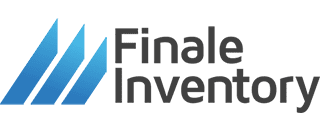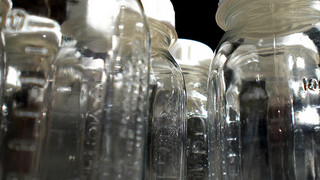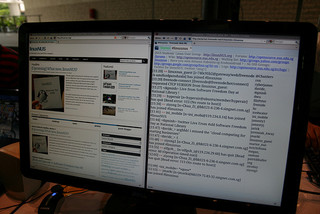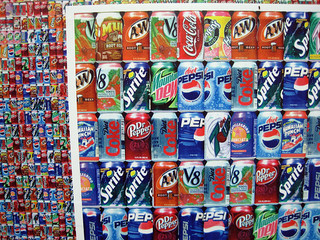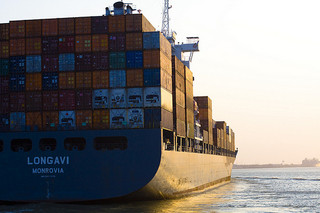New Zealand Formula Manufacturers Face New Chinese Regulations

As of May 1, infant formula manufacturers will face new, stricter regulations by the Chinese government. Analysts expect the move will primarily affect infant formula companies based in New Zealand.According to a report by the New Zealand Herald, “Food Safety Minister Nikki Kaye revealed yesterday that about 10 percent of the $200 million of infant formula New Zealand exports to China annually was produced by firms that do not own factories and instead have their products produced at contract manufacturing facilities. Around 50 companies producing roughly 70 brands operated in this small-scale end of the market, she said, while the remaining 90 percent of baby milk exports to China were controlled by larger-scale manufacturers.”
In the past, these types loose manufacturing relationships have led to poor product management. In August 2013, top New Zealand dairy producer Fonterra faced the frustrations of Chinese citizens when Fonterra, “discovered bacteria that can cause botulism in 38 tonnes of whey protein, an ingredient used in soft drinks and baby formula, [this] not only knocked the company’s share price but even the strength of the New Zealand dollar,” The Telegraph stated.
The incident had highlighted not only New Zealand’s dependence on the Chinese market, but the need for better regulations among infant formula producers.
This isn’t the first time in recent years that New Zealand infant formula manufacturers faced additional regulation. In March 2013, the government-run agency Food Standards – Australia, New Zealand (FSANZ) reviewed issues in product composition, labelling, category definitions, as well as advertising and marketing for both manufacturers and consumers.
In a report issued by FSANZ, manufactures were given the opportunity to acknowledge some of their challenges, including the following: “some infant formula manufacturers requested consideration of permissions for nutrition content claims on labels for optional ingredients to assist caregivers in making an informed choice. Many other submitters supported retaining the prohibition on nutrition and health claims.”

